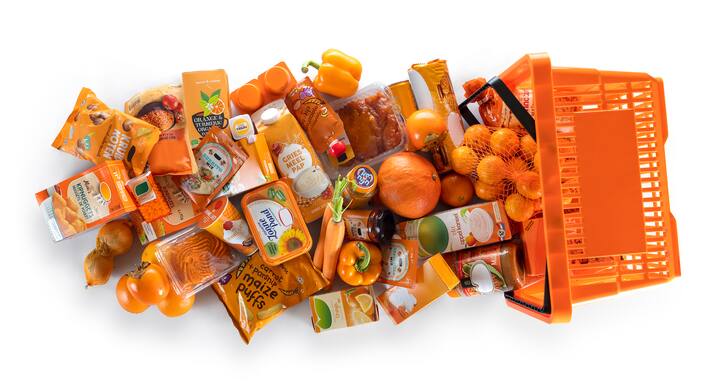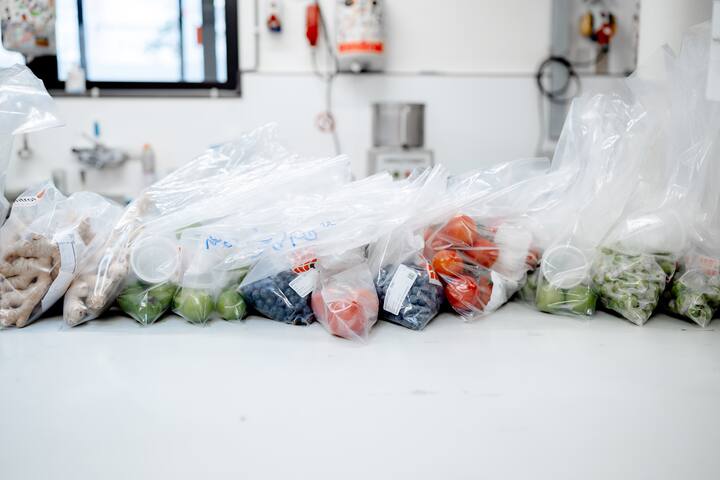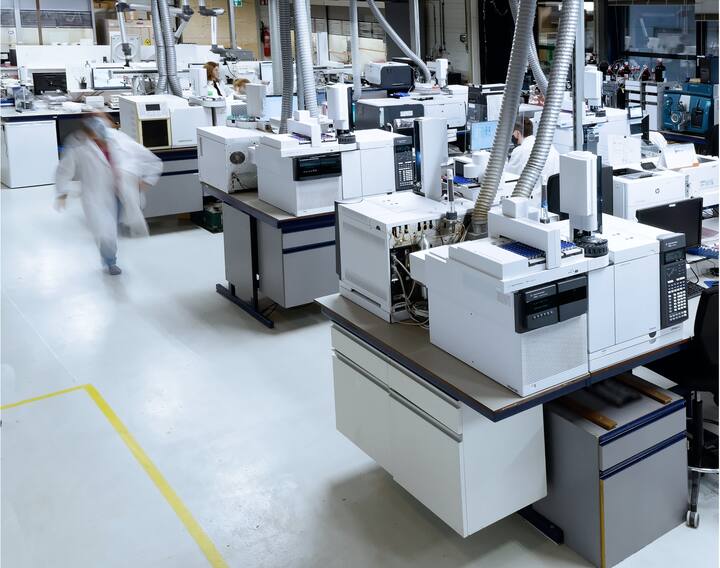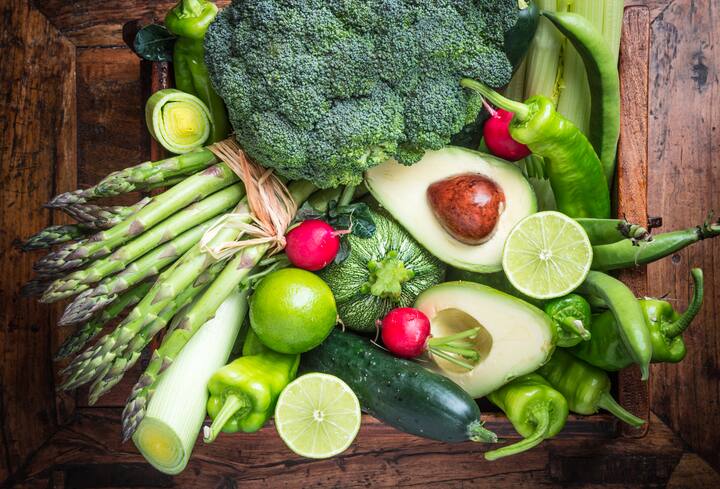
Alkaloids
Alkaloids
Alkaloids occur naturally in a variety of foods, including vegetables, fruits and other edible products. Below you can find some examples of alkaloids in AGF (Potatoes, Vegetables, Fruit) and foods:
Potatoes contain alkaloids, mainly solanine and chaconine
Tomatoes contain alkaloids, including tomatine
Eggplants contain alkaloids, such as solasmin and solamargine
Several legumes contain alkaloids, such as viciaine in broad beans
Peppers may contain alkaloids, including solanine and capsaicin
Bananas contain a small amount of the alkaloid harmane
Citrus fruits may contain traces of alkaloids, but concentrations are generally low
Tea contains alkaloids, such as caffeine. Caffeine belongs to the xanthine alkaloids.
Alkaloids at a glance
Guarantee safe consumption through testing for alkaloids
We identify harmful concentrations
Understand variety and toxicity
Testing for alkaloids
Testing for alkaloids in AGF (Potatoes, Vegetables, Fruit) is an important aspect of quality control, especially since some alkaloids can be toxic at high concentrations.
When testing for alkaloids, it is important to emphasize that the presence of these compounds is not always harmful. Toxicity depends on the concentration and type of alkaloid. It is also important to use the right methods and equipment to obtain accurate measurements.
Would you like to have your products analyzed for alkaloids? We can measure the following alkaloids:
Nicotine
Atropine
Scopolamine
Sum of Atropine / Scopolamine
Matrine
Histamine
These services might also be of interest to you

PFAS investigation

Toxins
Leading companies in this service

Normec Groen Agro Control
Delfgauw Netherlands
